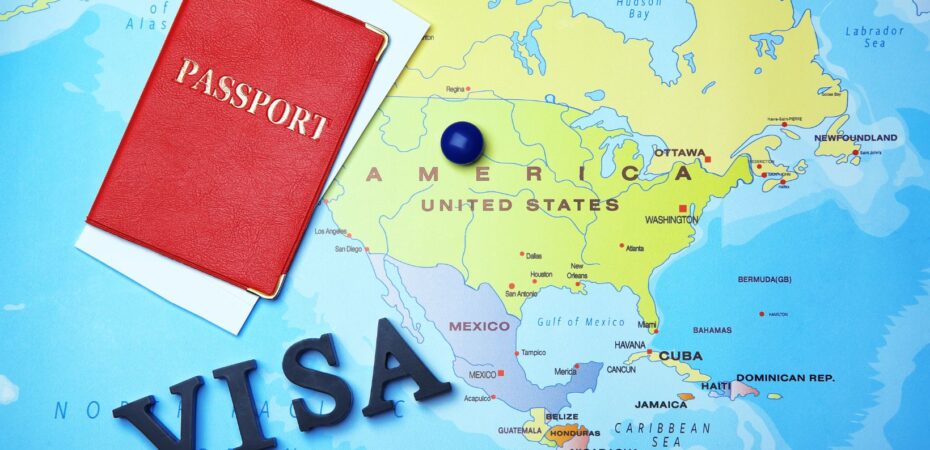The E-2 visa, also known as the Treaty Investor Visa, offers a unique opportunity for entrepreneurs and investors from treaty countries to establish and run a business in the United States. Unlike other visa categories, the E-2 visa provides significant advantages for those looking to invest in and grow a U.S. business. In this blog, we’ll explore the key benefits of the visa e2 usa and why it is a popular choice among international investors.
Access to the U.S. Market
One of the most compelling benefits of the visa e2 usa is the opportunity to enter and operate within the vast and dynamic U.S. market. The United States is the world’s largest economy, offering a diverse consumer base, advanced infrastructure, and a favorable business environment. For entrepreneurs and investors, this translates to access to a wide range of opportunities, from tech startups to manufacturing ventures, allowing for significant growth and expansion potential.
Relatively Fast Processing Times
Compared to other visa categories, the E-2 visa often boasts relatively quick processing times. While processing times can vary depending on the U.S. embassy or consulate and the complexity of the application, many applicants receive a decision within a few months. This is particularly advantageous for investors looking to capitalize on time-sensitive business opportunities.
No Minimum Investment Requirement
The E-2 visa does not specify a minimum investment amount, which provides flexibility for investors. The key requirement is that the investment must be substantial in relation to the total cost of purchasing or establishing the business.

While there is no fixed amount, a typical E-2 investment often ranges from $100,000 to $200,000 or more, depending on the nature of the business. This flexibility allows investors to tailor their investments to their business plans and financial capabilities.
Possibility for a Long-Term Stay
The E-2 visa is granted for up to two years at a time, but it can be renewed indefinitely as long as the business remains operational and meets the visa requirements. This allows for long-term stability and the opportunity to continuously grow and develop the business. For investors and their families, this means the potential for extended stays in the U.S. without the need for frequent visa renewals.
Family Benefits
The E-2 visa extends benefits to the investor’s immediate family, including spouses and children under the age of 21. Spouses of E-2 visa holders are eligible to apply for work authorization, allowing them to seek employment or start their own business in the U.S. Children can attend U.S. schools and enjoy the benefits of the U.S. education system. This family-friendly aspect makes the E-2 visa an attractive option for those looking to relocate their entire family.
Flexible Business Ownership Structures
The E-2 visa provides flexibility in terms of business ownership and management. Investors can establish a new business, purchase an existing business, or invest in a franchise. Additionally, the investor must have at least 50% ownership of the enterprise or operational control through a managerial position.

This flexibility allows investors to choose the business structure that best aligns with their goals and expertise.
No Annual Quota Limits
Unlike many other visa categories, the E-2 visa does not have annual quota limits. This means that there is no cap on the number of E-2 visas that can be issued each year, providing more opportunities for qualified investors. This is particularly advantageous for those looking to establish or expand their business in the U.S. without being constrained by annual visa limits.
Thus, the E-2 visa offers a range of benefits that make it an appealing option for entrepreneurs and investors looking to establish a presence in the United States. From access to a thriving market and flexible investment requirements to family benefits and the potential for long-term stay, the E-2 visa provides a valuable pathway for those seeking to capitalize on opportunities in one of the world’s most dynamic economies.


 By
By 





